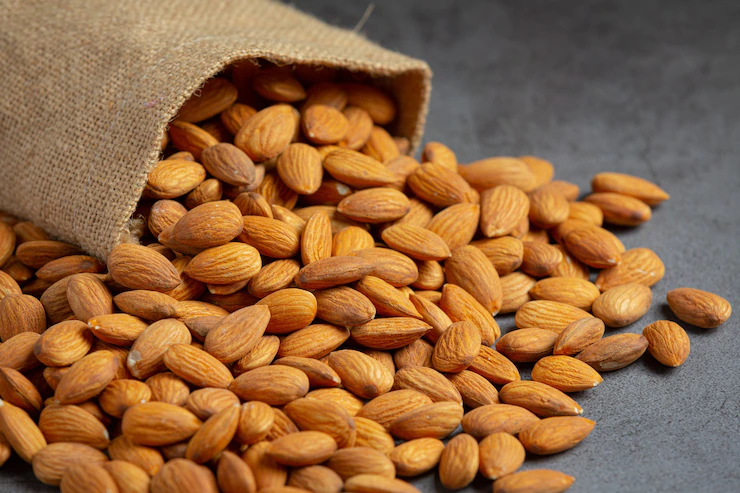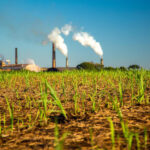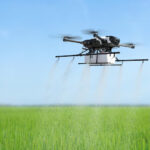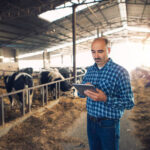When growing almonds in South Africa, there are several infections and diseases that you should watch out for. Here are some common ones:
- Fungal Diseases: a. Blossom Blight: This disease affects almond blossoms, causing them to turn brown and die. It is caused by the fungus Monilinia spp. b. Alternaria Leaf Spot: It causes circular, brown spots on the leaves. The fungus responsible is Alternaria spp. c. Shot Hole Disease: This disease creates small, circular lesions on the leaves and fruit. It is caused by the fungus Wilsonomyces carpophilus.
- Bacterial Diseases: a. Bacterial Canker: It causes cankers on branches and trunk, leading to gumming and dieback. The bacterium responsible is Pseudomonas syringae pv. syringae. b. Bacterial Spot: This disease affects leaves and fruit, causing dark spots with a yellow halo. It is caused by Xanthomonas arboricola pv. pruni.
- Viral Diseases: a. Almond Leaf Scorch: This viral disease affects almond trees and causes leaf scorching, yellowing, and stunting of the tree. b. Almond Mosaic Virus: It leads to mosaic patterns on the leaves and reduces yield and quality.
- Nematodes: Almond trees can be affected by various nematodes, such as root-knot nematodes (Meloidogyne spp.), which cause root galling and stunt growth.
- Insect Pests: Insects like almond moth, navel orangeworm, aphids, mites, and thrips can infest almond trees, causing damage to the leaves, flowers, and fruits.
To manage these infections and diseases, it is crucial to follow good agricultural practices, including:
- Selecting disease-resistant almond varieties suitable for South African conditions.
- Practicing proper sanitation and removing and destroying infected plant material.
- Implementing integrated pest management (IPM) techniques to control insect pests.
- Monitoring the orchard regularly for any signs of infections or diseases.
- Following recommended irrigation practices to avoid creating conditions favorable for fungal infections.
- Applying appropriate fungicides, bactericides, or other control measures as recommended by agricultural experts.
It is advisable to consult with local agricultural extension services, almond growers’ associations, or experts in your region for specific guidance on disease management and prevention for almond cultivation in South Africa.







